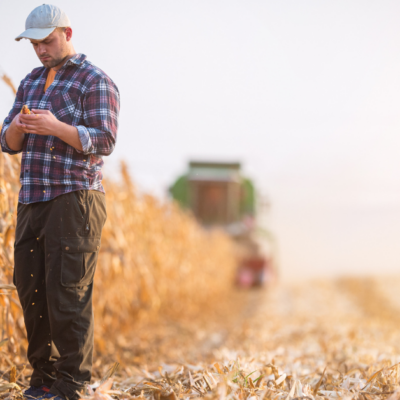Keep ahead of the threat
Stay up to date with the latest mycotoxin information by signing up to our newsletter

News
Navigating mycotoxin challenges: silage and harvest
December 14, 2023In Mycotoxin Matters Ep. #36, Martin Minchin and Alltech’s Gordon Marley & Dr. Radka Borutova discuss harvest program results in Europe and North America. They highlight differences in mycotoxin risk between U.S. corn silage and European grass silage, emphasizing higher risk in Europe due to prevalent Penicillium mycotoxins. Listen to the latest episode to learn more.
Read more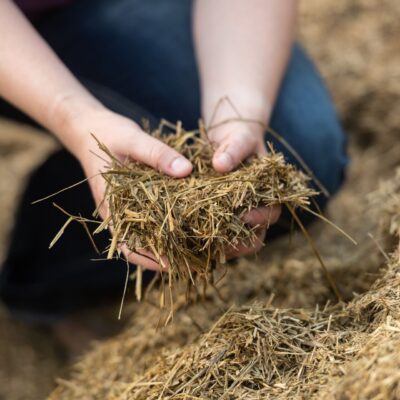
The Impact of Weather on Crops and Mycotoxin Risk
August 01, 2023Unravel the impact of weather on crops and mycotoxin risk in our latest podcast episode. Join Dr. Jan Dutton, CEO of Prescient Weather Ltd., as he discusses the CropProphet system, forecasting grain yield with machine learning. Discover how extreme weather events in 2023 may affect crop quality.
Read more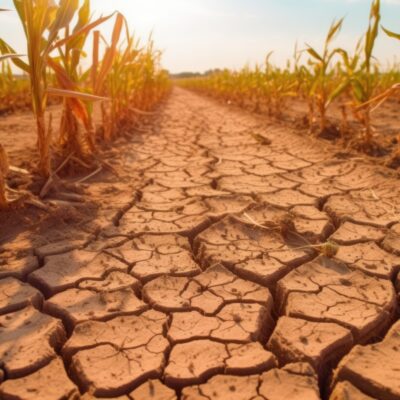
Asia Import Risk Analysis 2023
March 08, 2023Mitigate import risks in Asia. Alltech offers comprehensive analysis to safeguard your business. Learn more now
Read more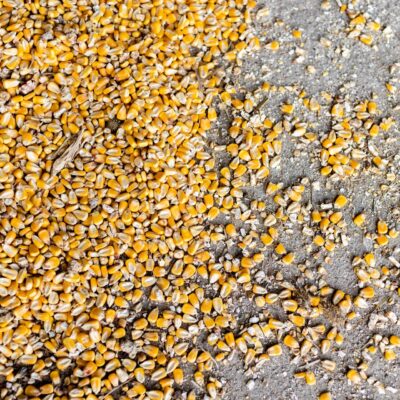
How mycotoxins threaten bird health and performance
March 01, 2023Mycotoxins are metabolites produced by moulds during times of stress or following an environmental stimulus. These moulds can grow on crops in the field or even on stored feedstuffs and feed materials post-harvest.
Read more about the impact of mycotoxins in birds in this article, published in International Poultry Production magazine.
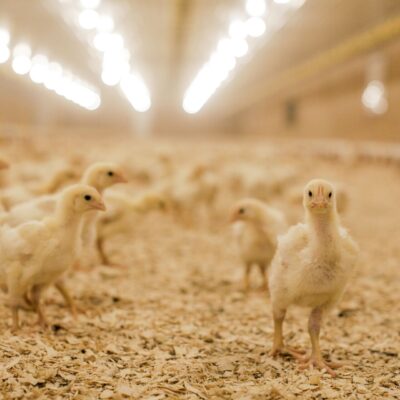
Debunking the myths behind mycotoxins
January 06, 2023It is a common misconception that, due to the anatomy of ruminants, mycotoxins may have a diminished effect on the health and production of cattle. The more we learn about mycotoxins, however, the more we realise that this is not the case.
Read more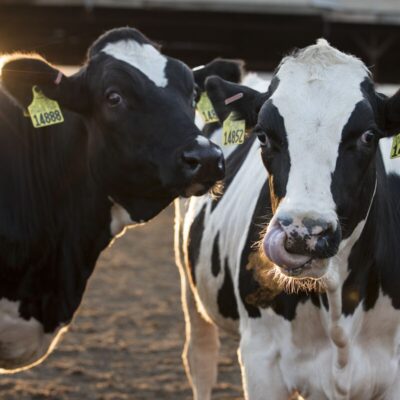
2022 Alltech Harvest Analysis
January 06, 2023Harvest analysis programs are being carried out across multiple regions globally, and the results of those analyses will provide feed and livestock producers with the most up-to-date and timely insights, empowering them as they make ingredient purchasing and animal nutrition decisions during the coming year.
Read more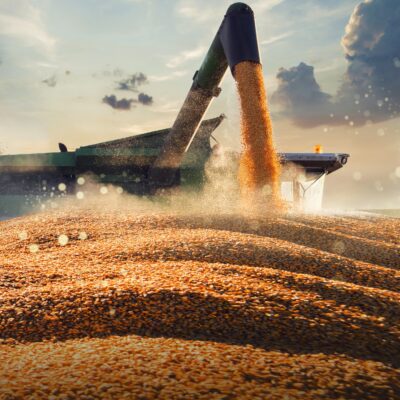
Enhancing bird output and sustainability
January 06, 2023As the livestock industry tries to limit its environmental footprint, increasing evidence points to the role that nutritional solutions can play in enhancing animal productivity and meeting such targets.
Read more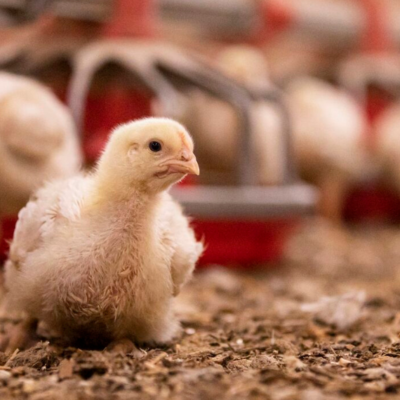
Drought conditions contributed to high levels of mycotoxins in grains, Alltech 2022 European Harvest Analysis reveals
December 09, 2022Similar to 2021, widespread drought throughout Europe during the 2022 growing season has directly impacted the presence of moulds and mycotoxins in new crop grains and forages. Mycotoxins are produced by certain species of moulds and are a concern for livestock producers as they can influence feed quality and subsequent animal health and performance. The […]
Read more